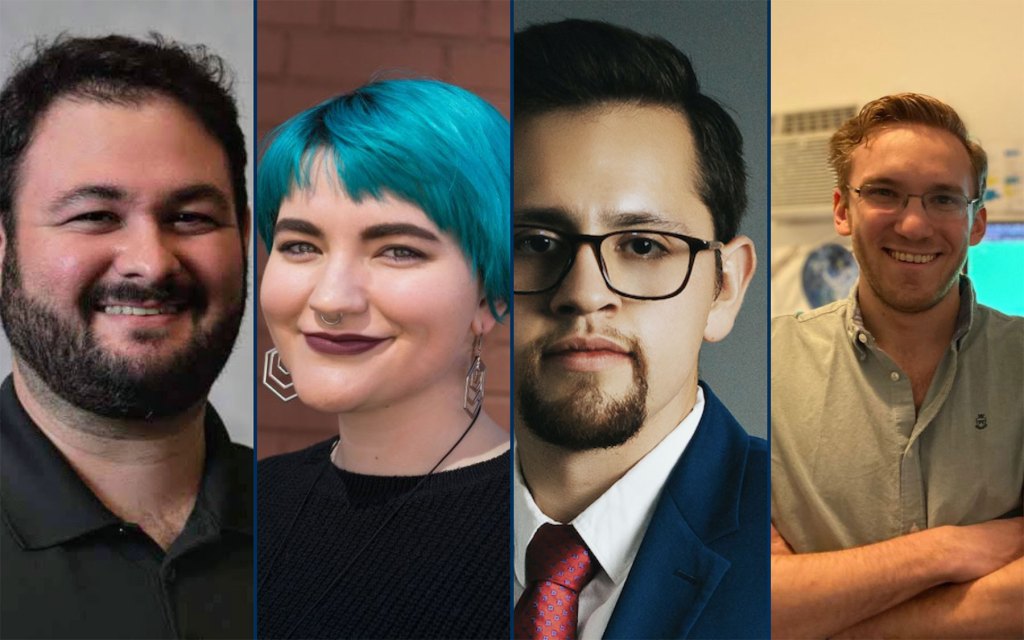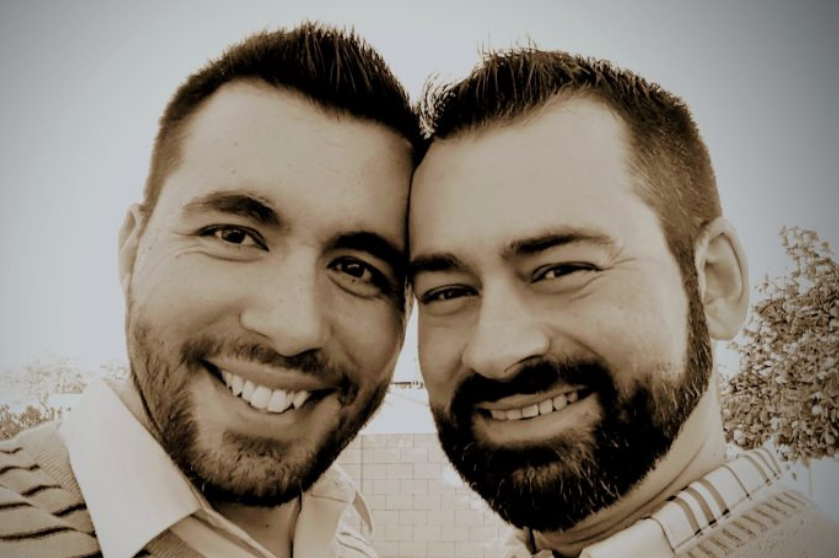
Employer-ready candidates understand how to speak confidently about their technical and transferable skills in ways that sell their professional value to employers. View a more detailed interview prep guide in the Behavioral Interview Prep Guide.
Tell me about yourself.
Think about your past (previous experience and education), present (your current job and how it’s preparing you for this role), and future (why you want the job you’re interviewing for).
What are your greatest strengths and weaknesses?
For strengths, consider the required skills stipulated in the job posting and explain those that you have mastered. For weaknesses, honestly explain an area in need of improvement, as well as specific examples of how you’re working on it.
Why did you choose to pursue a career in public health?
Explain your motivations for going into public health and your specific area of concentration. While this question focuses on your initial motivations, also incorporate what you’ve recently learned and why this path continues to be a great fit for you.
Why do you specifically want to work here?
Demonstrate your research into the organization or agency and the department you hope to work in. Explain what you like about it and why your skills make you the best candidate for this role at this company and team.
What do you see as the most pressing issue that will shape the landscape and future of public health? What strategy would you recommend to tackle the issue you chose?
This question is designed to investigate your perspective on public health, its future, and how that aligns with the values of the organization. If the organization values a community-focused, collaborative approach, your answers should showcase ways in which you also align with that approach. Strategies you choose should, whenever possible, draw on evidence-based research acquired through coursework.
Tell me about a time when your team was not communicating well. What happened and how did you contribute to improving the issue?
“Tell me about a time…” indicates a behavioral interview question, so use the STAR (situation, task, action, result) method to tell a story. This question probes how you work on a team and solve problems. Choose an example where you did something proactive to improve the situation.
Give me an example of a time when you had to convince a stakeholder of something. How did you persuade them to see things from your perspective?
Use the STAR method to tell a narrative about successfully convincing a stakeholder of something. If the role you are interviewing for involves collaboration with stakeholders, try to use an example that relates to the type of work you will be doing.
Tell me about a time when you were in conflict with a colleague. What did you do and how did it resolve?
This question focuses on how you manage conflict. Given that diplomacy and collaboration are two key skills in public health, it’s important to showcase how you utilize those skills. Your example doesn’t need to be dramatic, but it should be specific. A future employer wants to know specifically how you resolve conflicts.
Tell me about a time when you had to design, implement, and manage a program or project from start to finish. Walk me through all steps involved.
Use the STAR method and pick an example that’s as relevant to the job you are interviewing for. Do not skip any steps when explaining your process, and be sure to provide enough context and details to help the interviewer understand the situation.
What diversity, inclusion, and/or cultural competence training or coursework have you received and how have you applied what you learned to your work?
Zoom in on a few key takeaways from training or coursework you’ve completed. Pick a specific time when you incorporated one of those takeaways into your work. Remember to tell a story using the STAR method.
Pro Tip: Always keep your answers positive, demonstrate what you’ve learned, and tell a story using the STAR framework (Situation, Task, Action, and Result) for behavioral questions so you can provide details about your accomplishments.






